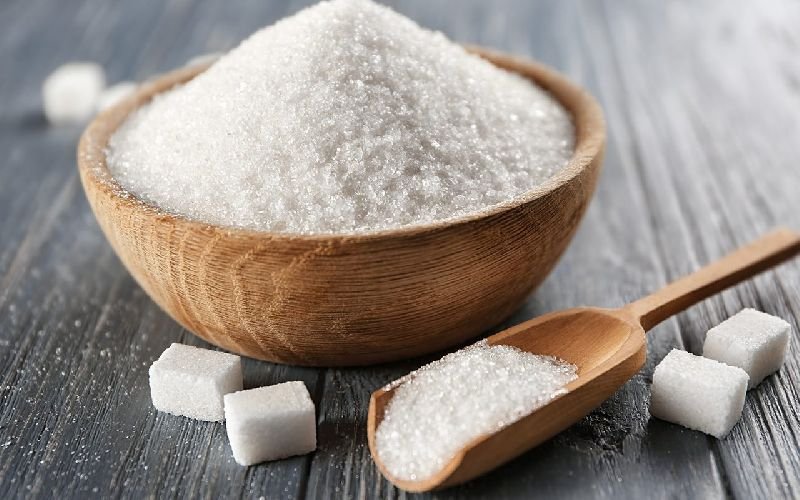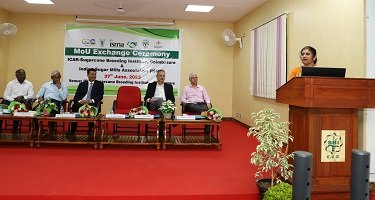Requests formula-based increase in ethanol prices to Rs. 73.14 per litre (Sugarcane), Rs. 67.70 per litre (B-Heavy Molasses), Rs. 61.20 per litre (C-Heavy molasses) to offset heavy losses being incurred by manufacturers.
The Indian Sugar and Bio-Energy Manufacturers Association (ISMA) has issued an appeal to the government, urging timely policy interventions to support the sustainability of the sugar industry, as it confronts rising production costs, stagnant ethanol procurement prices, and a significant anticipated sugar surplus. The apex body of India’s sugar and bio-energy industry has highlighted the need to promptly adjust the Minimum Sale Price (MSP) of sugar to Rs. 39.14 per kg for SS 2024-25, raise ethanol procurement prices, and establish a stable framework for sugar exports—key measures to stabilise the industry, enable timely farmer payments, and sustain growth in renewable energy initiatives through ethanol production.
M Prabhakar Rao, President, ISMA, said, “We need urgent support from the Govt. to increase the MSP of sugar to reduce losses being faced by the industry. The increase of MSP will protect the minimum ex-factory price particularly during the crushing season during which the prices tend to go below the cost of production, bleeding the Mills and making them financially unviable. This may lead to a delay in payment of cane arrears and sometimes defaults to the farmers. Based on the historical MSP declared by the Government, ISMA has been requesting to revise the MSP to at least Rs. 39.14 per kg, based on the same formula that was used for fixing the MSP in 2017-18 and 2018-19”.
“Even if the MSP for sugar is fixed at Rs. 39.14, the increase of the sugar prices over the last 10 years will be only 0.95 per cent per annum, much lower than the consumer price increase of 2.23% per year. As such, more than 60 per cent of the sugar is consumed by the beverages, confectionery and other food industries, who are capable of absorbing these prices. There is no cost implication to the ex-chequer”, M Prabhakar Rao, added.
Deepak Ballani, Director General of ISMA, said, “In recent years, the Indian sugar industry has made significant strides with the government’s support, enabling us to improve efficiencies and strengthen our contribution to both the rural economy and renewable energy sector. However, with rising production costs, stagnant ethanol procurement prices, and anticipated surpluses, urgent policy action is needed to ensure the sector’s continued stability. Specifically, we are calling for an increase in the Minimum Sale Price (MSP) of sugar, which has remained unchanged since 2019 despite substantial hikes in cane prices. An adjustment in the MSP is essential to cover rising production costs and help mills make timely payments to farmers.
Additionally, a revision of the ethanol procurement price is necessary to support the government’s 20 per cent ethanol blending target by 2025-26, fostering a sustainable shift towards renewable energy. Finally, a long-term export policy would enable effective management of anticipated surpluses, allowing India to strengthen its position in the global sugar market while maintaining a healthy domestic balance. We, at ISMA, remain committed to working alongside the government to sustain industry growth, protect farmers, and strengthen India’s economic resilience”, Ballani added.
Requests formula-based increase in ethanol prices to




